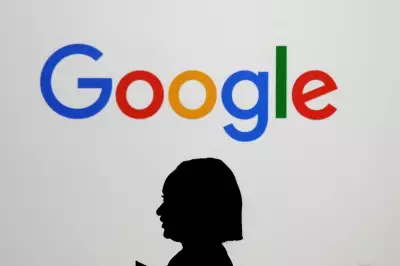
A Canadian physician's eye-opening experience with patient portal messaging has ignited a crucial conversation about digital privacy in healthcare. What began as a routine message to a patient has revealed potential vulnerabilities in how medical information is handled through electronic systems.
The Wake-Up Call That Went Viral
When Dr. Christopher Tran, a family physician from Ontario, discovered that his messages to patients might not be as private as assumed, he took to social media to sound the alarm. His viral post has since prompted healthcare providers and patients alike to reconsider their understanding of digital medical confidentiality.
How Patient Portal Communications Work
Modern healthcare systems like MyChart and similar patient portals have revolutionized how patients interact with their medical providers. These platforms allow for:
- Direct messaging with healthcare teams
- Access to test results and medical records
- Prescription renewal requests
- Appointment scheduling and management
However, the convenience of these digital tools comes with important privacy considerations that many users may not fully understand.
The Hidden Reality of Medical Data Handling
According to healthcare privacy experts, several factors can compromise the confidentiality of patient portal communications:
- Multiple staff members may have access to message systems
- Messages can become part of the permanent medical record
- Technical vulnerabilities in digital platforms
- Varied privacy protocols across healthcare institutions
What This Means for Canadian Patients
The revelation highlights the delicate balance between healthcare accessibility and patient privacy. While digital portals provide unprecedented access to medical care, patients should be aware that:
Not all communications are exclusively between you and your doctor. Administrative staff, nurses, and other healthcare professionals may review and respond to messages as part of standard clinical workflows.
This doesn't mean your privacy is being violated, but it does mean patients should think carefully about what they share through digital channels.
Protecting Your Medical Privacy in the Digital Age
Healthcare advocates recommend several strategies for maintaining confidentiality:
- Use specific, clinical language in messages
- Avoid sharing highly sensitive information through portals
- Request in-person conversations for complex personal matters
- Familiarize yourself with your healthcare provider's privacy policies
- Ask questions about who has access to your communications
The conversation started by Dr. Tran serves as an important reminder that as healthcare becomes increasingly digital, our understanding of medical privacy must evolve accordingly.





